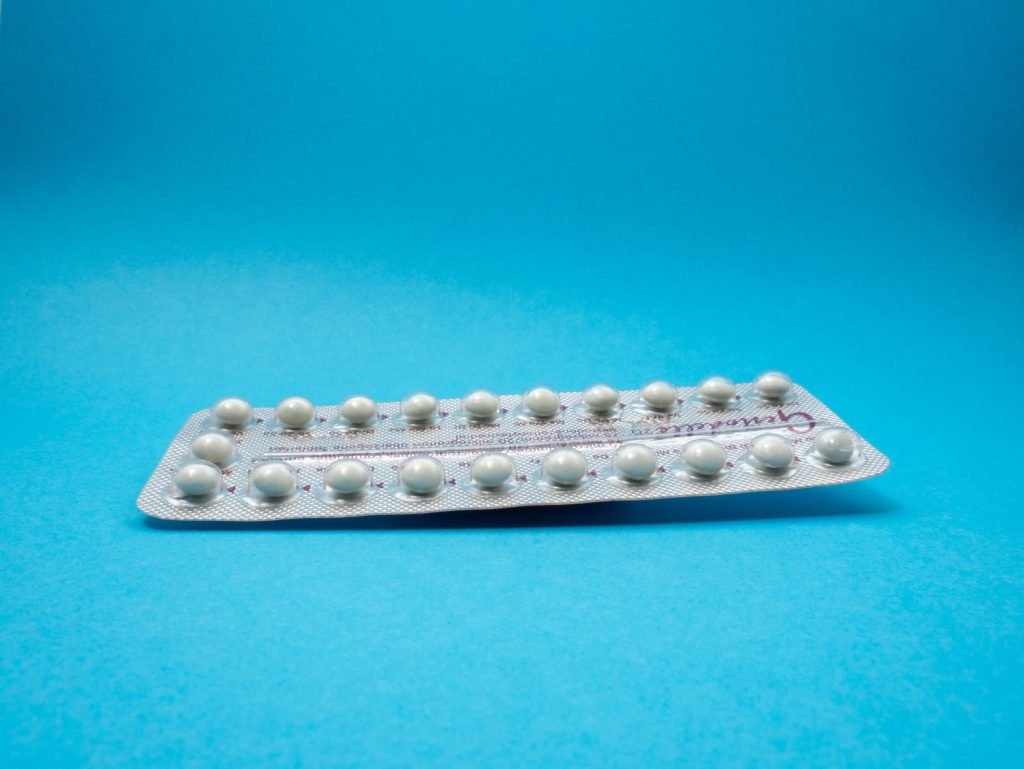Girl Talk 101: Top Reasons Why Your Period Is Late

Females aged 10 to 50 go through a monthly menstrual cycle or period. A regular period cycle [day 1 of the previous period to day 1 of the next period] lasts anywhere from 28-40 days.
Period, on its own, is already an ordeal. Ladies go through the *obvious* bleeding down there, as well as skin breakouts, bodily aches, mood changes, fatigue, digestive problems, and many more during their period. But… missing or having a late period, especially if you have a regular cycle?
Now that takes the stress level up to another degree. Your period is late if the cycle passes the 40-day mark. So, before your stressmeter hits the high mark, here are a few reasons your regular period is running late.
Pregnancy
If you engaged in unprotected sexual activities recently, especially during your ovulation period (two weeks after your period ends), there is a good chance that your period is delayed because of pregnancy. The best move, in this case, is to purchase a pregnancy test kit. Taking a pregnancy test 1 day after your missed period or 21 days after your last unprotected sex is advisable due to the sensitivity of some tests.

Stress
Stress is not just affecting your mental health; it also manifests in your physical health. When you are under constant pressure, your body is also constantly releasing hormones that may help you “survive” said pressure. These hormones that trigger your survival skills affect your reproductive system, causing your period to be delayed.

Too Much Exercise
An active lifestyle is generally good, but too much physical activity could also be risky. Extreme exercises burn up way more calories than usual, and if your body does not have enough calories, some of your bodily systems won’t run. Lower calories could result in lower production of estrogen, and lower estrogen may affect your reproductive process, in turn delaying your period.

Sudden Weight Change
Sudden changes in your weight can affect your body’s hormonal production. If you lose a significant amount of weight, your body might not have enough body fat to support the ovulation process. Similarly, if you gain a significant amount of weight, your body might develop high estrogen levels, which may also temporarily pause your period.

Birth Control and Other Medications
Hormonal birth controls contain hormones such as estrogen and progestin that may alter your baseline hormone levels. Going on and off with hormonal birth control will mess up your bodily hormones, causing a delayed period.
Your period may also be delayed because of prescribed medications you recently took, including, but not limited to, thyroid medications, antidepressants, antipsychotics, etc.

Health Condition
A delayed period may also be a sign of an underlying health condition. The most common is PCOS or Polycystic Ovary Syndrome, which is a condition that causes hormonal imbalance and interferes with the body’s reproductive ability. Common symptoms of PCOS include irregular menstrual cycle, lighter or heavier menstrual flow, excessive body hair, and weight gain or trouble losing weight.
Other health conditions, such as thyroid disease and diabetes, as well as their accompanying symptoms, medications, and treatments, may also affect your cycle. So, it is best to seek medical help if you think a health condition is causing your delayed period.

Age
Teenagers who just started menstruating commonly experience cycle irregularities due to their immature HPO (hypothalamic-pituitary-ovarian) axis. Once they reach their late teenage years or 20s, their cycle will be more regular.
Cycle irregularities may also be experienced by females in their late 30s because of Premature Ovarian Insufficiency or POI. POI testing and treatment are available, so it is best to seek medical help.
Similarly, females in their late 40s to 50s can experience cycle irregularities because their bodies could already be entering the menopausal stage.

Menstrual cycle irregularities are not something to be instantly worried about. There is a variety of reasons why ladies’ cycles get messed up. However, seeking medical help should always be your first option, especially if you feel other symptoms such as fever or nausea. After all, changes in your body are its way of communicating with you, so always pay attention to it.
Darlene, better known as Da, is currently a broadcasting student at the Polytechnic University of the Philippines - Manila. Her interests lie in K-pop, books, and coffee. With living an *extra* life in mind, she aspires to change the world for the better with the same grace and grandeur as Legally Blonde's Elle Woods.






